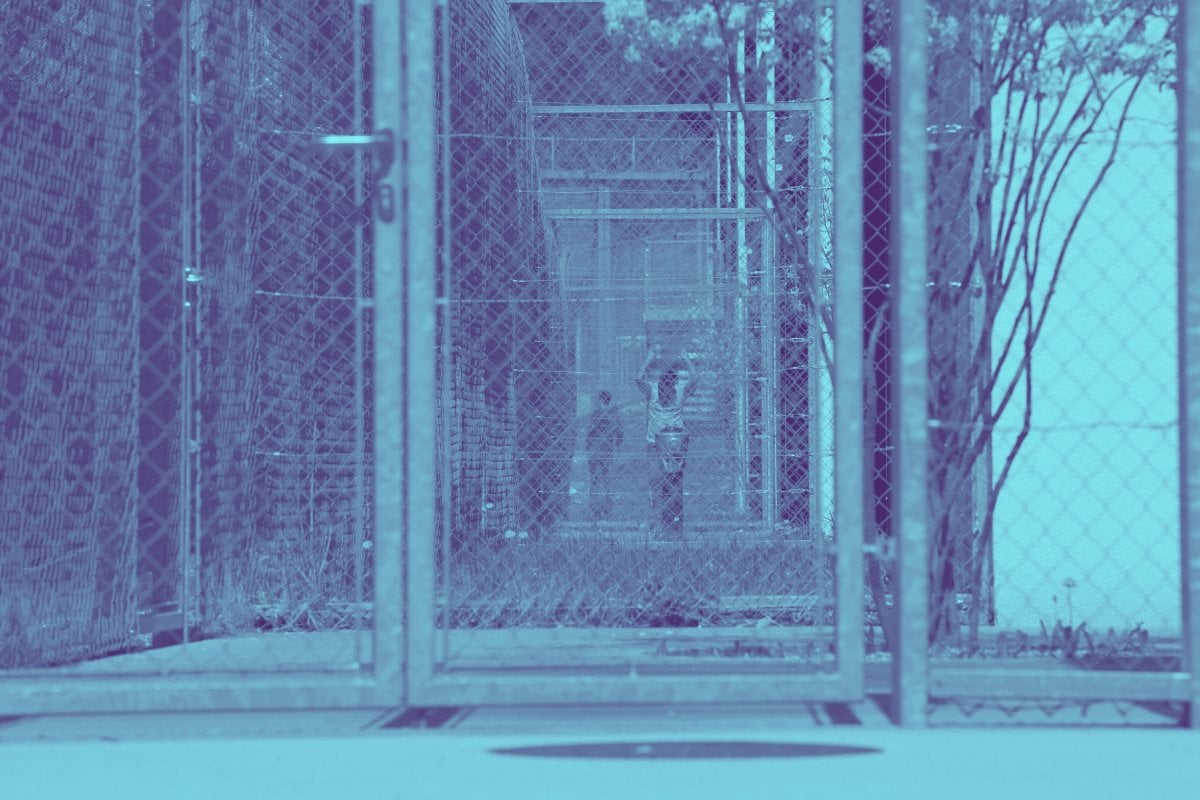
A recent High Court decision about immigration detention has caused a huge amount of controversy and political turmoil, as the government scrambles to pass new laws and fight off criticism from the media and opposition.
The story starts with Australia's High Court handing down a decision regarding a detainee referred to as 'NZYQ'. He is a Rohingya asylum seeker who arrived by boat to Australia in 2012. The Rohingya people are a stateless ethnic group who largely reside in Rakhine State in Myanmar, however, they have been the target of ongoing genocidal acts by the military of Myanmar and hundreds of thousands have been forced to flee the country.
NZYQ experienced forced labour in Myanmar and his brother was detained, tortured and killed by Myanmar authorities in 2016.
Three years after arriving in Australia, NZYQ was charged after raping a 10-year-old boy and he was subsequently convicted of child sexual abuse. After being released from prison on parole in 2018, he was sent back to immigration detention.
Due to his conviction and psychological assessments that noted he had significant risk factors for sexual offending, he was refused a visa. However, as NZYQ could not return to Myanmar and no other country was willing to take him, he was held in indefinite detention.
NZYQ's lawyers argued that his detention was a breach of constitutional limits on detention and that it was being used as punishment, instead of for its intended purpose of removing people from Australia.
And in November of this year, the High Court agreed, saying that the government had infringed upon the Constitution and, because there was no real prospect of NZYQ being removed from Australia, his detention was unlawful.

Top Comments